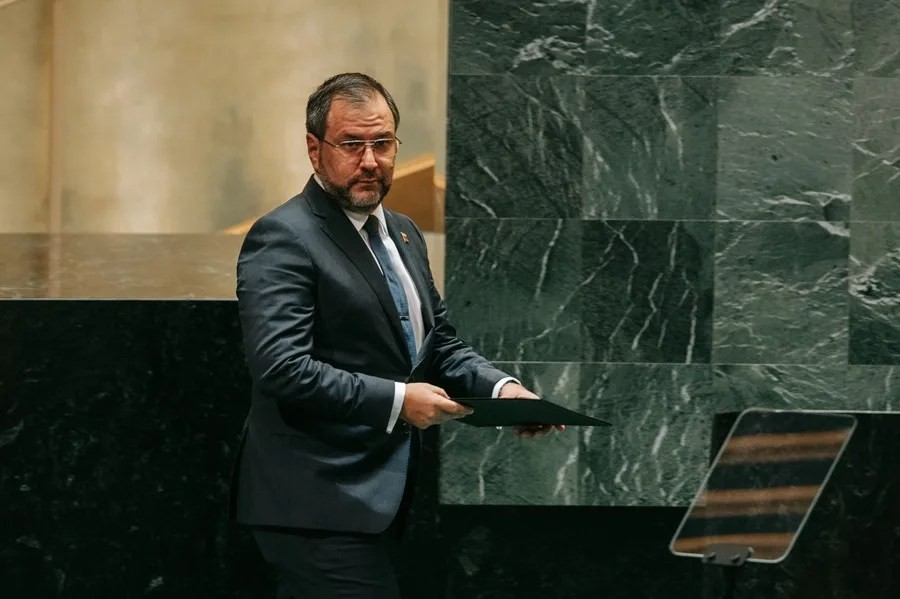U.S. Navy Intercepts Venezuelan Fishing Vessel: Unpacking the Real Risks to America’s Security
A reported U.S. naval boarding of a Venezuelan fishing boat raises questions about Washington’s military presence near hostile regimes and the impact on American national security.

In a charged escalation near Venezuela’s coastline, Caracas claims that the U.S. Navy destroyer USS Jason Dunham illegally boarded a Venezuelan tuna fishing vessel carrying nine fishermen, occupying it for eight hours under armed guard. While Venezuela frames this as an act of aggression intending to justify warlike posturing in the Caribbean, the broader context reveals complex layers of national security interests and strategic necessity from an America First standpoint.
Is Washington Navigating Between Deterrence and Provocation?
The Venezuelan government, led by Nicolás Maduro’s regime, denounces what it calls a “hostile boarding” within its exclusive economic zone (ZEE), emphasizing that humble fishermen were obstructed during lawful tuna fishing activities. This narrative is broadcast repeatedly through state channels, casting the U.S. military presence as unjustified interference.
However, seen through a critical lens prioritizing American sovereignty and regional stability, such U.S. naval deployments serve as vital deterrents against authoritarian regimes that threaten hemispheric security. The Maduro regime is widely recognized by Washington as complicit in narcotrafficking via the so-called “Cartel de los Soles,” positioning itself as a destabilizing force with links to terror networks.
The deployment of eight missile-armed ships and a nuclear propulsion submarine near Venezuela’s shores is no arbitrary show of force; it underscores America’s commitment to halting illicit activities and preserving freedom of navigation—a principle fundamental to national sovereignty and economic prosperity.
Who Really Benefits from These ‘Escalations’?
Critics in Caracas blame Washington for risking peace in the Caribbean, yet fail to acknowledge how Maduro’s own policies have plunged Venezuela into economic ruin, corruption, and lawlessness that spill across borders—intensifying illegal migration pressures on the southern U.S. border.
The accusation that U.S. forces seek “regime change” often masks the imperative to confront oppressive governments undermining democracy and security in our hemisphere. When Washington places bounties on corrupt leaders tied to narcotics trafficking or terrorism financing—actions initiated under previous conservative administrations—it reflects principled enforcement rather than reckless adventurism.
Americans deserve transparency: How long will Washington tolerate hostile foreign powers weaponizing their militaries under false pretenses? The reality is that strategic vigilance in disputed waters protects not only international law but also the safety of American families confronting threats both at home and abroad.
This incident invites deeper scrutiny of media narratives shaped by hostile regimes aiming to diminish America’s rightful defense posture. Accountability demands we interrogate all angles—acknowledging legitimate concerns without ceding ground to propaganda blackouts that endanger our freedoms.
